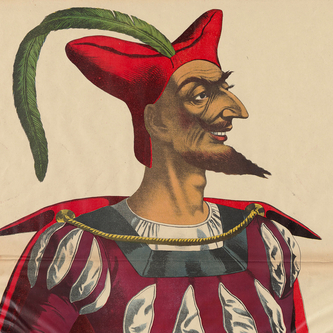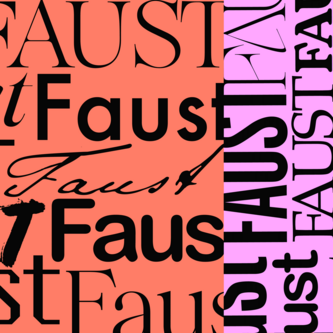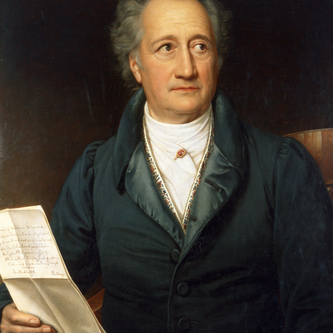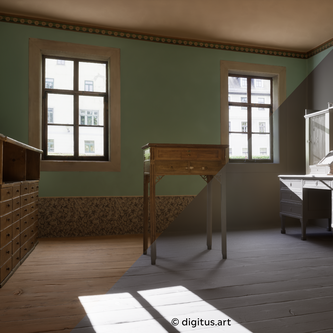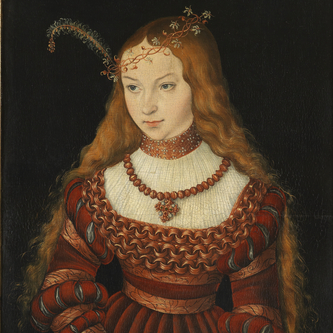Projects of the Klassik Stiftung Weimar are funded by the European Regional Development Fund (ERDF) and the Free State of Thuringia, represented by the State Chancellery of Thuringia, Department of Culture and the Arts.
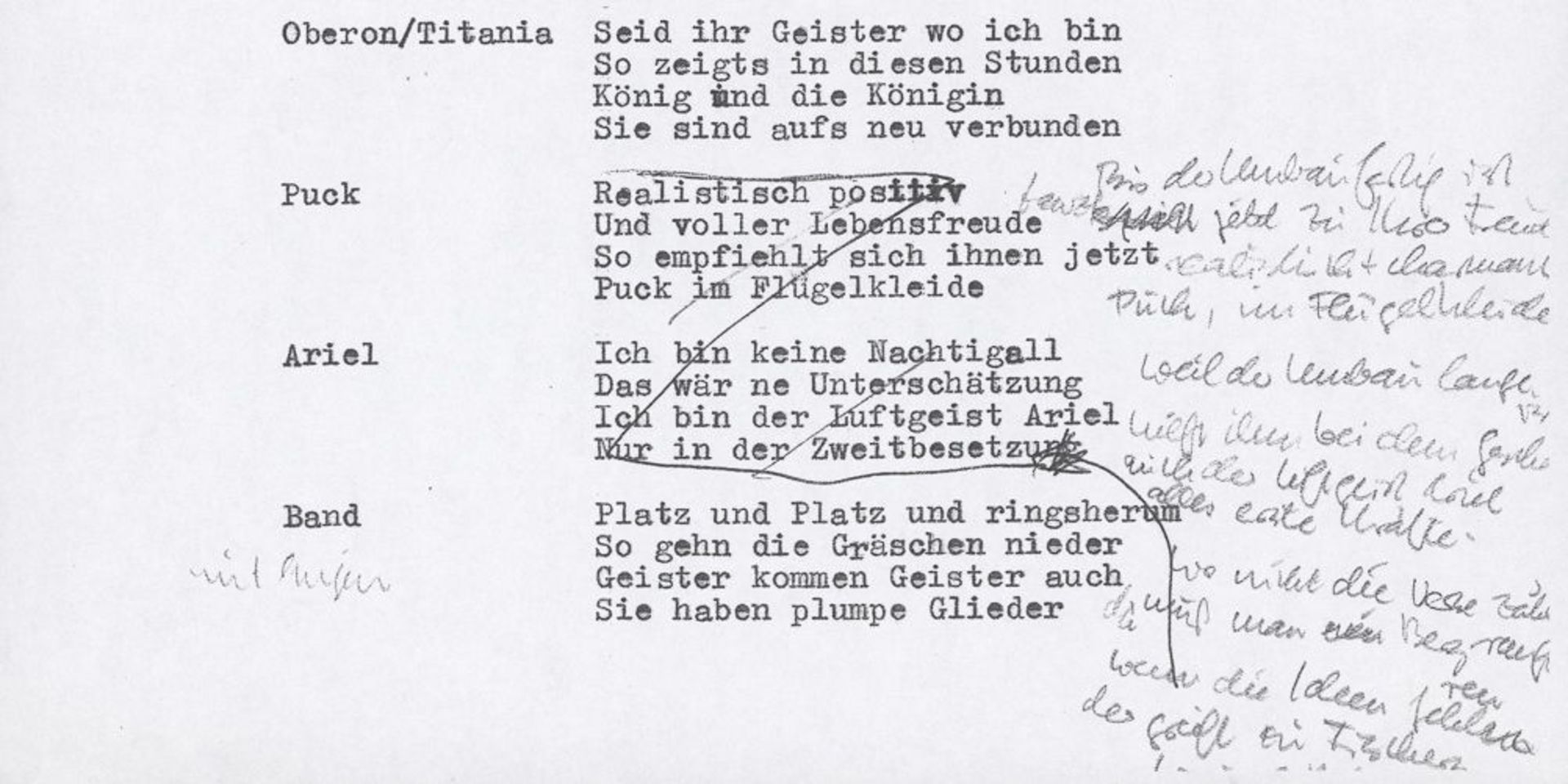
A theatre scandal of Faustian proportion
"Where Marx and Moritz were – in complete disagreement"
In 1968 Adolf Dresen and Wolfgang Heinz caused one of the greatest theatre scandals in East German history with their production of Faust I. The Studio presentation offers insights into Dresen’s and Heinz’s work and the political reactions that followed.
In their 1968 production at the Deutsches Theater in Berlin, stage director Adolf Dresen and general theatre director Wolfgang Heinz, audiences were presented with a reclusive, harried and desperate Heinrich Faust. With his conflictions and dark sides, this was a Faust that ran counter to the state sanctioned reception of the play. What’s more, Dresen and Heinz rewrote the Walpurgis Night’s Dream with undisguised, contemporary references. The result was one of the greatest theatre scandals in East German history.
As part of the permanent exhibition “Flood of Life – Storm of Deeds” at the Goethe National Museum, the studio presentation features Adolf Dresen’s original director’s script, as well as reproductions of his newly written Walpurgis Night’s Dream and the operative report submitted by the East German state security services.
The presentation is part of “Faust. An Exhibition” on display in the Schiller Museum.
Your visit
Opening hours
Address
Tickets
plus museum admission
- Services for the hearing impaired
- Offers for the visually impaired
- Offers in the Weimar+ app
- Offers in DGS
- Offers in simple language
- Disabled toilet available
- Accessibility tested
- Elevator available
- Guided tours for blind and visually impaired groups of visitors possible
- Rollator access possible
- Wheelchair access possible
- MuseumCard
- weimar card

